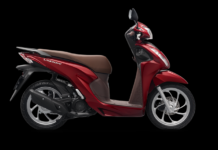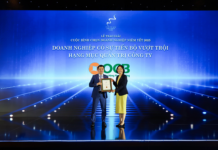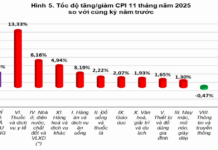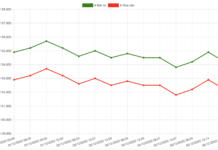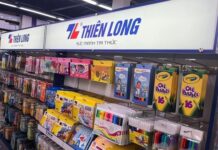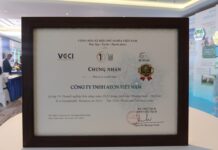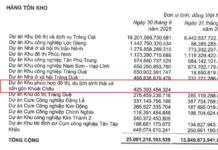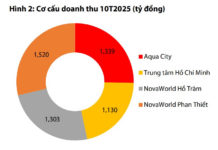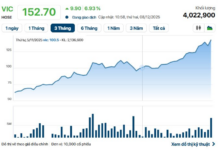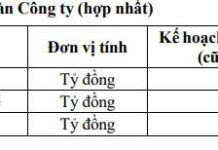Currently, food is mainly distributed and traded through traditional distribution channels, especially fresh food. According to statistics, there are currently 8,517 markets, over 1,167 supermarkets, 254 shopping centers, and thousands of specialized shops and modern convenience stores operating under the modern chain model throughout the country…
SUPERMARKET SYSTEMS ARE GAINING ADVANTAGE
According to the Report on Consumer Behavior and Trends published by the High-Quality Vietnamese Business Association in 2023, in the face of poor quality and counterfeit food in the market, consumers are becoming more strict with their choices. For the food industry, safety and freshness are the top factors for modern consumers. In addition, as income increases, Vietnamese consumers are willing to pay more for safe, clean, and healthy products for their health…
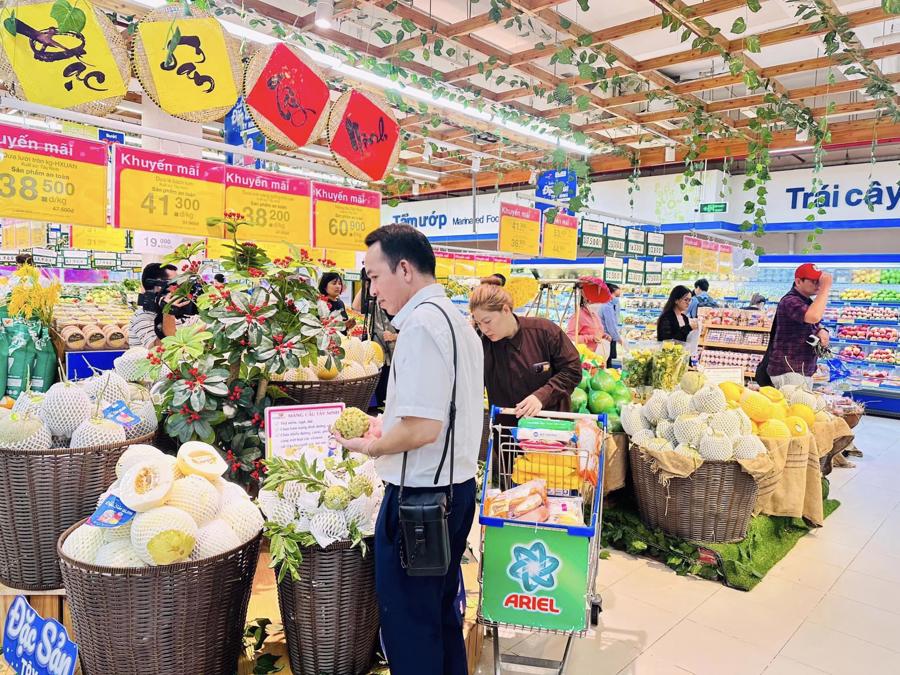
According to retail experts, this trend will continue to grow stronger in the future as health becomes the top concern for Vietnamese consumers. Therefore, clean, high-quality, safe and traceable food sources are becoming a competitive advantage in attracting customers among retailers in the market…
In the provinces, the presence of large-scale safe food distribution systems with a large production capacity and high coverage is notable, such as WinCommerce, which operates the WinMart/WinMart+/WIN retail chain, procuring and consuming about 83,000 tons of agricultural products per year (of which 54% are fruits and vegetables and 46% are fruits sourced from local suppliers). Central Retail operates over 340 retail stores in 40 provinces and cities in Vietnam, with the system’s revenue mainly coming from the agricultural and food business, reaching nearly VND 22,000 billion in the first 9 months of 2023…
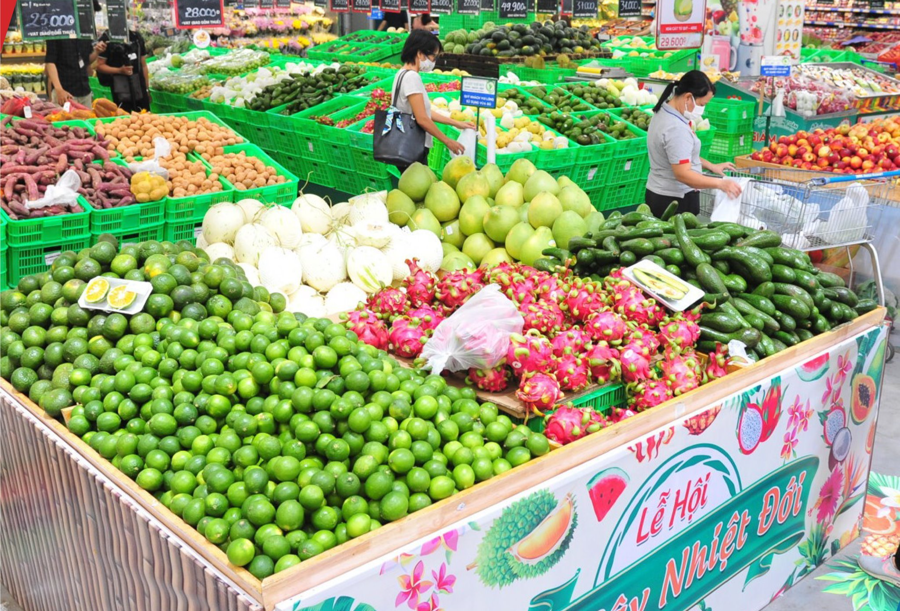
Another major player is Saigon Co.op – the managing unit of retail systems such as Co.opmart, Co.opXtra, Co.op Food, Co.op Smile, Cheers, Finelife, HTV Co.op, Cooponline – with over 1,000 stores in over 40 provinces and cities. MM Mega Market Vietnam, with 21 wholesale centers and supermarkets nationwide, along with 5 warehouses and 2,000 food suppliers, cannot be left out. The Bách Hoá Xanh mini supermarket chain has a total of 1,706 stores as of August 2023…
In addition, within the framework of the Market Stabilization Program, there are also about 20,000 retail points nationwide. Many agricultural and food businesses participating in the Market Stabilization Program in cities where they hold a market share of over 50% have witnessed changes and upgrades to adapt to the development trend…
With the support and coordination of the Ministry of Industry and Trade, in recent times, a model of pilot markets for food business has been built and expanded in all 63 provinces and cities. Up to now, nearly 200 safe food market models have been established nationwide. The criterion for a safe food market has been approved by the Prime Minister as one of the criteria for recognizing new rural areas under the National Target Program on New Rural Development for the period of 2021-2025…
FOCUS ON FOOD QUALITY IN SUPERMARKETS
Recently, for the first time, 6 major distribution systems including Saigon Co.op, Satra, AEON, Central Retail, MM Mega Market, and Bach Hoa Xanh have signed an agreement to implement a quality control program for goods in their systems in Ho Chi Minh City. This event took place within the framework of the Conference on Connecting and Building Sustainable Supply Chains, Improving the Quality of Vietnamese Goods, organized by the Ho Chi Minh City Steering Committee for the Campaign “Vietnamese People Prioritize Vietnamese Goods” on March 8…
At the conference, Saigon Co.op signed agreements with 6 leading suppliers to participate in the Quality Control Cooperation Program, including Anh Hoang Thy Company, San Ha Company (supplying livestock and poultry meat), Nhuon Duc Safe Vegetable Production Cooperative, Mekong Delta Food Company, Xuan Thai Thinh Company (supplying fruits and vegetables), and Tan My Cooperative (supplying fruits). Mr. Nguyen Anh Duc, General Director of Saigon Co.op, said that in addition to the 6 large suppliers of meat, vegetables, and fruits who have chosen to sign and implement this agreement, the company has also communicated and applied it to many other suppliers…
“The implementation of this agreement requires a process, but we will calculate to promote it soon, aiming to sign with all suppliers. This is an action that benefits all parties,” Mr. Duc commented. The pilot program will be applied to 3 product groups, including fruits (mango, mandarin, green grapefruit, white dragon fruit, watermelon), vegetables (lettuce, Chinese cabbage, white cabbage, regular tomatoes, regular cucumbers), and meat (pork, chicken)…
According to the Department of Industry and Trade of Ho Chi Minh City, the 6 participating suppliers currently account for about 50 – 60% of the market share of modern retail systems in the city. Therefore, suppliers and manufacturers who want to sell and survive in these systems must make changes. From a coordination standpoint, the department stated that during the implementation process, they will gradually overcome limitations but will be based on the rights and interests of all parties…
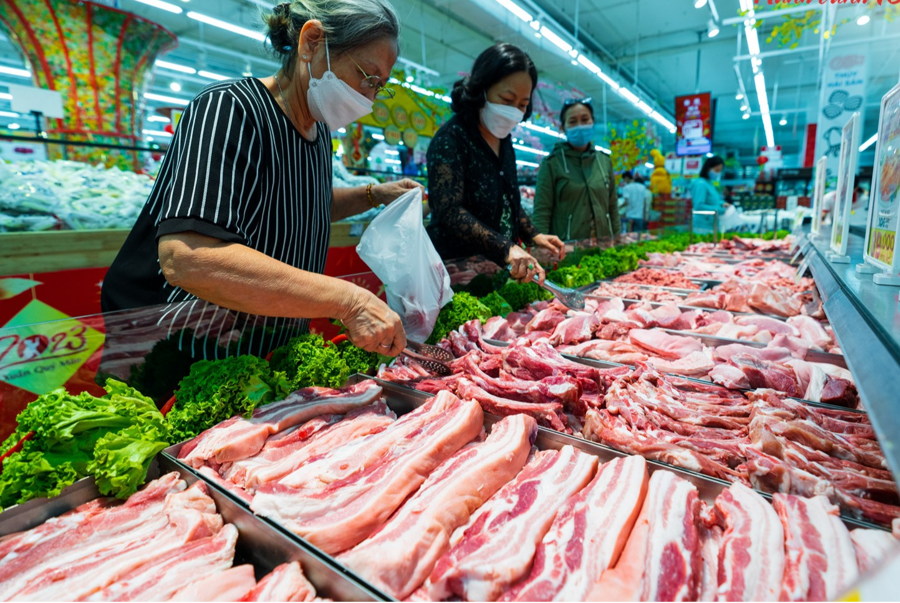
According to Agriculture Doctor Nguyen Dang Nghia, fresh products are often at high risk of safety issues, so it is appropriate to apply pre-inspection to this industry. “Through this agreement, with the goal of tightening quality control, it means increasing the responsibility for suppliers, attaching this force to jointly inspect and control the quality of goods, because it is impossible for supermarkets to do it alone. This is the positive aspect of the agreement,” Mr. Nghia affirmed…
In addition, the Department of Industry and Trade and the Department of Information and Communications of Ho Chi Minh City also signed an agreement to cooperate in implementing solutions for developing e-commerce and supporting Vietnamese businesses in developing online sales channels, as well as conducting training on online sales at traditional markets…
Earlier, in late December 2023, the Department of Industry and Trade of Ho Chi Minh City had discussions with modern distributors on building a general set of rules on standards and quality control for bringing goods into supermarkets, such as food safety certification, ViepGap standards, handling procedures for problematic goods, etc. After being developed into a set of rules, all of these contents will be published and transparent. Products that violate the rules and fail to ensure quality and food safety will have their names publicly announced on the website of the Department of Industry and Trade of the city…

